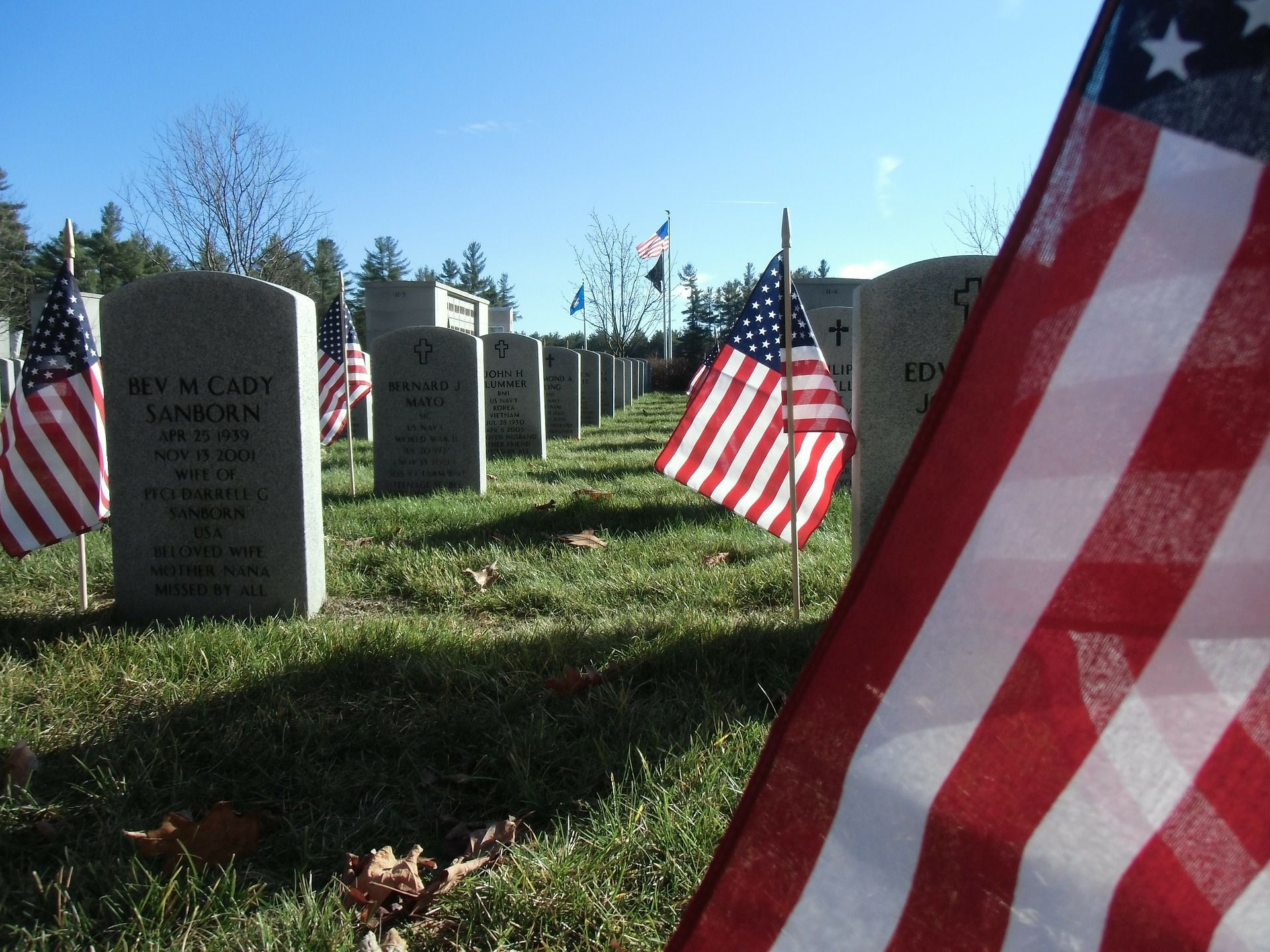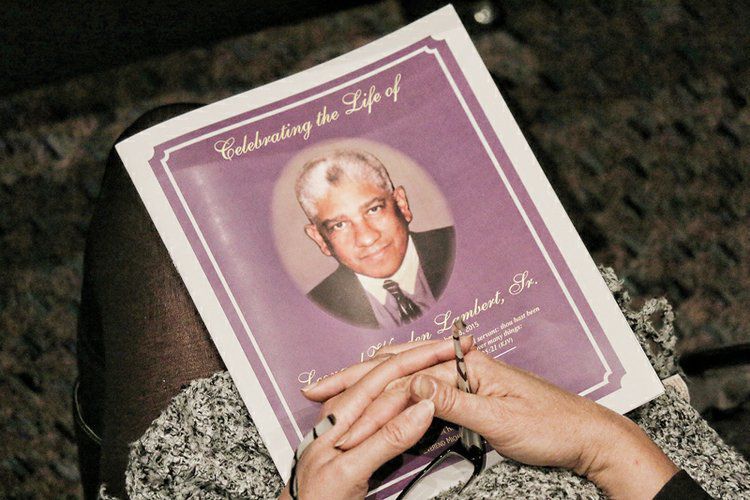Know Your Rights When Shopping For A Funeral Home
As a consumer, you have rights and the treatment of your loved one’s remains is protected in many ways. Here are some of the protections provided for the deceased.
The Funeral Rule
There is no “consistent and coherent body of law” that deals with the management of deceased persons, according to this Slate article. Much of the regulations for funeral homes are enacted at the state level, but there are some federal laws governing funeral homes from a consumer protection angle.
The Funeral Rule was enacted in 1984 by the Federal Trade Commission. This rule ensures that consumers must be provided with fair and accurate information when it comes to shopping for funeral services.
General Price List
The primary focus of the Funeral Rule is the General Price List or GPL. This document must specifically itemize all the costs of a funeral for the consumer. Upon request, a funeral home is legally required to provide you with this information.
Consumer Choices
The Funeral Rule also makes it clear that consumers have choices and do not have to buy packaged or complete services (though funeral homes are allowed to offer these as a purchasing option). Shoppers have the option to pick and choose specifically what they want for their loved one’s funeral and they cannot be financially penalized for those decisions. For example, if a consumer wanted to purchase a casket from a third party instead of the funeral home, the funeral home can’t charge an extra fee for handling that casket.
National Funeral Directors’ Association
The NFDA also has a Code of Conduct that regulates how funeral homes and funeral directors navigate this industry in regards to consumers and human remains.
In reference to service to families, the code reads: “Members have an ethical obligation to serve each family in a professional and caring manner, being respectful of their wishes and confidences, being honest and fair in all dealings with them, and being considerate of those of lesser means.”
In reference to the deceased, the code reads: “Members have an ethical obligation to care for each deceased person with the highest respect and dignity, and to transport, prepare and shelter the remains in a professional, caring and conscientious manner.”
The code goes on to make specific regulations about careful transportation of the deceased, limiting contact with the deceased to licensed individuals, and providing proper care and covering to the deceased at all times.
The Importance Of A Trustworthy Funeral Home
Incidents like the recent investigation in Michigan highlight the importance of finding a funeral home that you can trust. Shopping for a funeral home is a deeply personal and serious process, whether you are planning your own funeral or that of a loved one.
The Hutchison Funeral Home recognizes that handing over the body of a deceased loved one is a challenging and even frightening time. We take our responsibilities very seriously and can ensure the utmost respect and care in handling your loved ones remains.




